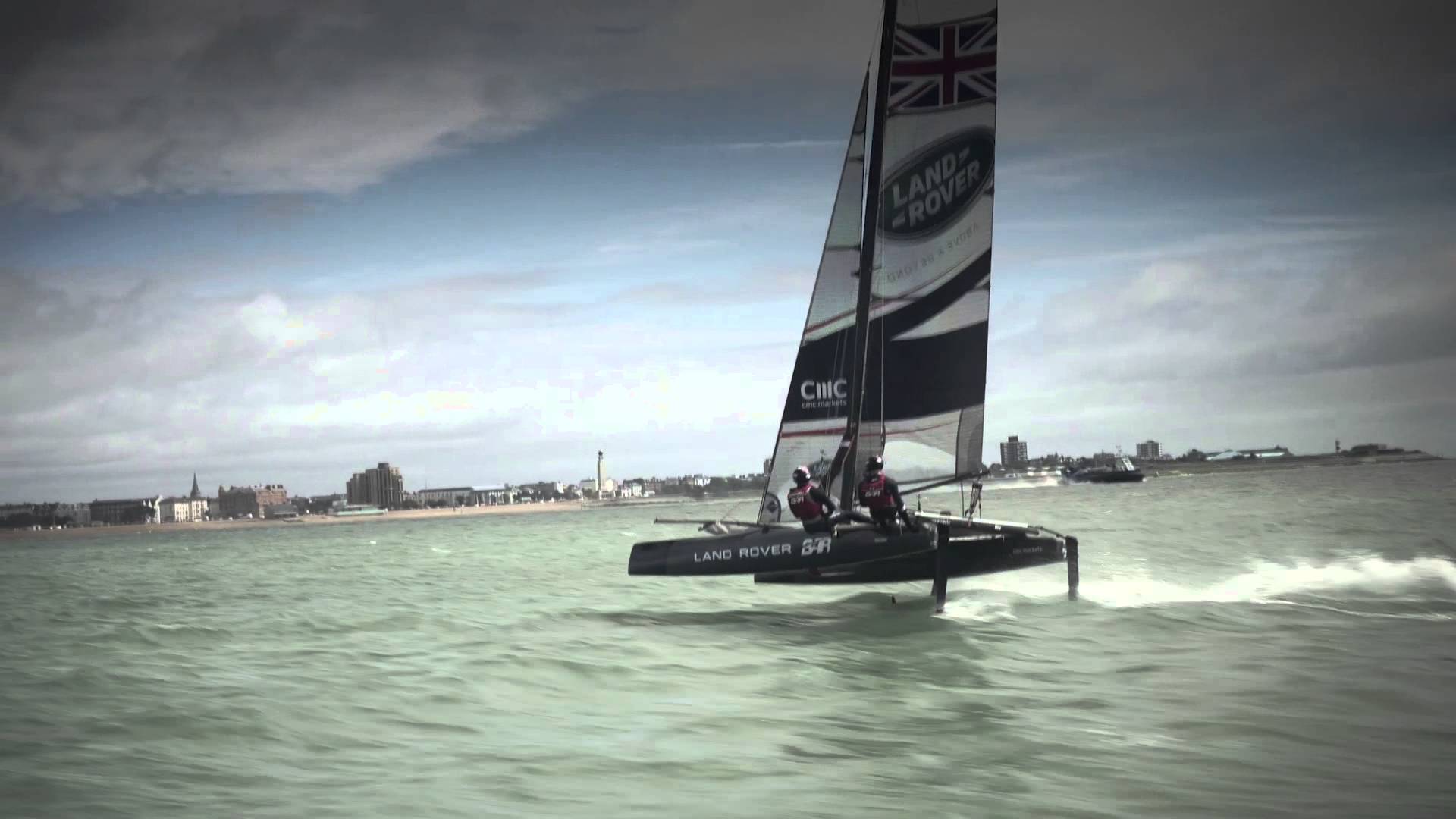
Land Rover BAR issues new sustainability report
Previous Beyond Sport Award Winners, Land Rover BAR, have published a new report detailing how the team spent 6 months in Bermuda with minimum carbon footprint and managed to leave a positive environmental impact on the region.
The team relocated to Bermuda from the end of 2016 until July 2017. In collaboration with its exclusive sustainability partner 11th Hour Racing it undertook a series of activities to further its mission of embedding sustainability throughout its core values and operations.
“We’ve seen how sport can affect social change. But sport also has the power to have a positive impact on environmental issues”, Sir Ben Ainslie, Skipper and Team Principal, said.
Amy Munro, the team’s Sustainability Manager, explained: “Our aim was to have as minimum operational impact in Bermuda as possible. Whenever we could we source our food locally and aimed for zero food waste”.
During their stay, more than half a tonne of food waste was diverted from landfill. Edible food waste was collected to feed the homeless, and the rest was used as pig food from local farms.
The team also created the 11th Hour Race Exploration Zone, which was a space on the island designed to educate people and inspire future environmental action. In total, it welcomed 9,708 visitors raising awareness about the ocean’s health and sustainability issues. The exploration zone alone triggered 700 student and 223 public pledges to further environmental protection.
As part of leaving a lasting educational legacy on the next generations on Bermuda, the team also organised lessons in ocean plastics, renewable energy and invasive species attended by 1,800 Bermudian students.
To offset their carbon footprint, Land Rover BAR installed 194 solar panels at Bermuda’s National Museum. The power plant will generate more than 93,600 kWh of clean energy annually, compensating for the team’s carbon footprint in Bermuda within two years.
All the temporary structures had a legacy plan and were re-used. At the beginning of December, the team announced its initiative to recycle all its carbon fibre waste and reuse it in the manufacturing of future sailing boats.
Alan Boot, part of the manufacturing team, said: “It is important to us that we build a boat for which we have an end-of-life-cycle plan. It is our responsibility to encourage other marine and non-marine industries to follow our lead by setting the standard to recycle carbon fibre as much as possible”.
Sir Ben Aisle added: “The water is our pitch and we continue to want to protect that, we are proud to share some of our achievements, and what we’ve learned from Bermuda, but ultimately, this is really just the beginning.”
In addition, the team installed the UK’s first ‘seabin’ in Portsmouth- where the team’s base is located, which is collecting up to half a tonne of plastic each year. The device acts as a floating rubbish bin which sucks in water, traps litter and releases the clean water back to the ocean.
You can read the full 2017 Bermuda Sustainability Report here.